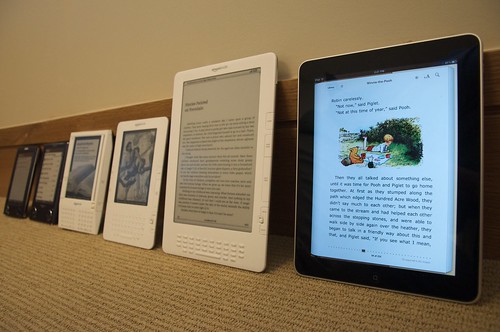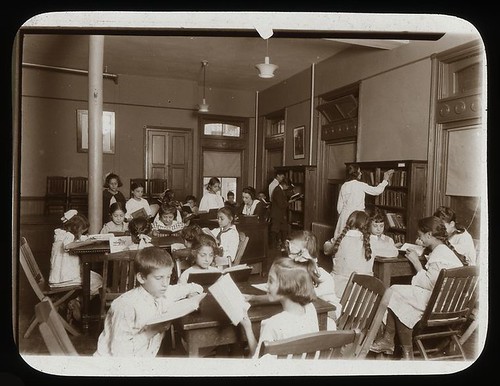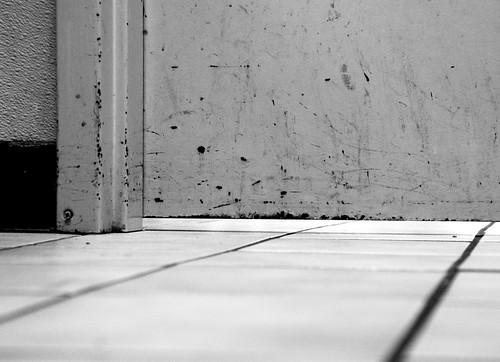Like most conferences, the AWP conference takes place in one hotel, and attendees are encourages to book their rooms there. Because the AWP conference is so large, there are several associated hotels called "overflow" hotels. All of these are very expensive. The main hotel, Boston Sheraton runs for $259 a night, and up. And while this seems pretty steep to me, especially for MFA students who, even if they have a teaching assistantship, are making about $1,000 a month. Or maybe the starving artist part comes later. Or. . . anyway. The Boston Sheraton, and the "overflow hotels," are already sold out.
So, if you're attending AWP this year, and you are trying to spend as little as possible, here are some other ideas.
Youth Hostels. No, they are not only in Europe. More and more cities have more than one hostel for young-ish travelers, and medium cities are starting to follow suit. Of course, Boston is pretty large, so there are so many choices. They also seem perfect for writers since writing requires absorbing as much of the experience that exists outside of the standardized one.
I've stayed in hostels in Europe and in the U.S. and have found that they always add a more unique experience than the standard hotel room since the hostels encourage discussion among travellers and are often located in neighborhoods, or at least in parts of the city that aren't dedicated only to high-end shopping and chain restaurants. I haven't stayed at the hostels below, but if I were attending AWP this year, I would try to book a room in any of these.
Hostelling International
Here's the situation with staying at Hostelling International:
As of 1/29/13, there are rooms available in the premium and standard dorms for $44.99-$59.99 a night. A private room with a bath is twice as much but $100 less than the Sheraton.
According to their website, to stay at a youth hostel, you need to have a membership, which costs all of $3.
40Berkeley
As of 1/29/13, this is what was available at 40Berkeley, according to their website:
1. Standard Doubles contain two twin-sized beds, a desk, lamp, chair, and night stand. Most rooms include a ceiling fan and either a clothing rack with hangers or a closet. All bathrooms are shared, with both a women's and a men's bathroom on each floor.
2.
So, if you're attending AWP this year, and you are trying to spend as little as possible, here are some other ideas.
Youth Hostels. No, they are not only in Europe. More and more cities have more than one hostel for young-ish travelers, and medium cities are starting to follow suit. Of course, Boston is pretty large, so there are so many choices. They also seem perfect for writers since writing requires absorbing as much of the experience that exists outside of the standardized one.
I've stayed in hostels in Europe and in the U.S. and have found that they always add a more unique experience than the standard hotel room since the hostels encourage discussion among travellers and are often located in neighborhoods, or at least in parts of the city that aren't dedicated only to high-end shopping and chain restaurants. I haven't stayed at the hostels below, but if I were attending AWP this year, I would try to book a room in any of these.
Hostelling International
Here's the situation with staying at Hostelling International:
As of 1/29/13, there are rooms available in the premium and standard dorms for $44.99-$59.99 a night. A private room with a bath is twice as much but $100 less than the Sheraton.
According to their website, to stay at a youth hostel, you need to have a membership, which costs all of $3.
40Berkeley
As of 1/29/13, this is what was available at 40Berkeley, according to their website:
1. Standard Doubles contain two twin-sized beds, a desk, lamp, chair, and night stand. Most rooms include a ceiling fan and either a clothing rack with hangers or a closet. All bathrooms are shared, with both a women's and a men's bathroom on each floor.
We are currently renovating all of our rooms. During this
transitional period, you may stay in either a renovated or a
non-renovated room.
Click on photo to the right for pictures of both room types.transitional period, you may stay in either a renovated or a
non-renovated room.
| Wed | Thu | Fri |
| $56.00 | $56.00 | $60.00 |
2.
Guests at 40Berkeley also evidently get some additional perks--for free: free breakfast, free Wi-Fi, a free pass to New England Aquarium, Museum of Science, Harvard Museum of Natural History, Prudential Skywalk, Loew’s Boston Common Theatre
Of the three hostels, this hostel has received the best and most consistent reviews via Google. It's also the most inexpensive of the three. As of 1/29/13, this is what was available:
| Room Types | 5th | 6th | 7th | 8th | 9th | No. Of guests |
|---|---|---|---|---|---|---|
| Basic 6 Bed Mixed Dorm | 28.00 | 28.00 | 28.00 | 28.00 | 28.00 | |
| Standard 10 Bed Mixed Dorm | 28.00 | 28.00 | 28.00 | 28.00 | 28.00 | |
| Basic 10 Bed Male Dorm | 28.00 | 28.00 | 28.00 | 28.00 | 28.00 | |
| Basic 10 Bed Female Dorm | 28.00 | 28.00 | 28.00 | 28.00 | 28.00 | |











